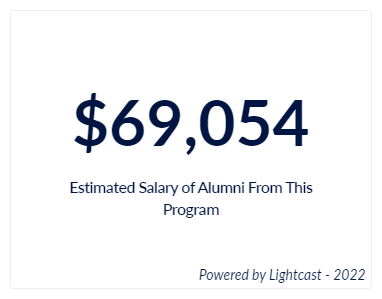Biology, Ecology, Environmental and Conservation Concentration, BS
Shippensburg University's close proximity to farmland, various bodies of water, federal and state research labs, and state forests and parks make it a great place for hands-on study of ecology and environmental biology.
What Will I Learn?
In addition to a broad background in biology, chemistry, earth science, mathematics and physics, you will take a series of courses specifically related to ecology, environment and conservation biology. Expect to study a variety of organisms and environments from microorganisms in the soil or a puddle of water, to plants and animals in a forest or ocean.

Meet Rosalia Cappadora '20
"The Biology Department is full of very knowledgeable professors. You will be challenged and helped every step of the way."What are the requirements for this degree?
In addition to general education requirements and courses in the biology core curriculum, you will take a variety of courses dealing with ecology and the environment. You must also complete either an internship or an independent research project.
What Types of Careers Could I Get With This Degree?
Our graduates find employment with state and federal agencies, non-profit organizations, private consulting firms and schools. Many go on to graduate programs. Potential careers in this field include:
- Park naturalist
- Outdoor educator
- Wildlife biologist
- Forester
- Environmental consultant
- College professor
- Entomologist
- Water quality control technician
- Environmental planner
- Natural resource manager
- Field ecologist
- Environmental impact analyst
- Toxicologist
- Museum or zoo curator
- Conservation biologist
- Fisheries biologist
What Career Outcomes Do Alumni Have With This Degree?


What Kinds of Experiences Could I Have?
Pennsylvania has a rich history in agriculture, which means Ship provides plenty of hands-on experiences in ecology and environmental biology. Nearby agricultural lands, the campus farm and a stream and pond on campus are great sites for studies.
You can also expect to find success because of:
- Close proximity to many federal and state research labs, state forests and parks, and medical institutions for unique class visits and research or internship opportunities
- Charter membership of the Marine Science Consortium located at Wallops Island, Virginia, which leads to great opportunities for oceanographic study and research opportunities
- Small class sizes (normally 12-16 students only) and personalized attention from highly qualified professors
Facilities on campus include:
- Vertebrate museum
- Herbarium
- Environmental chambers
- Greenhouse
- Research laboratories
- Animal housing facility

